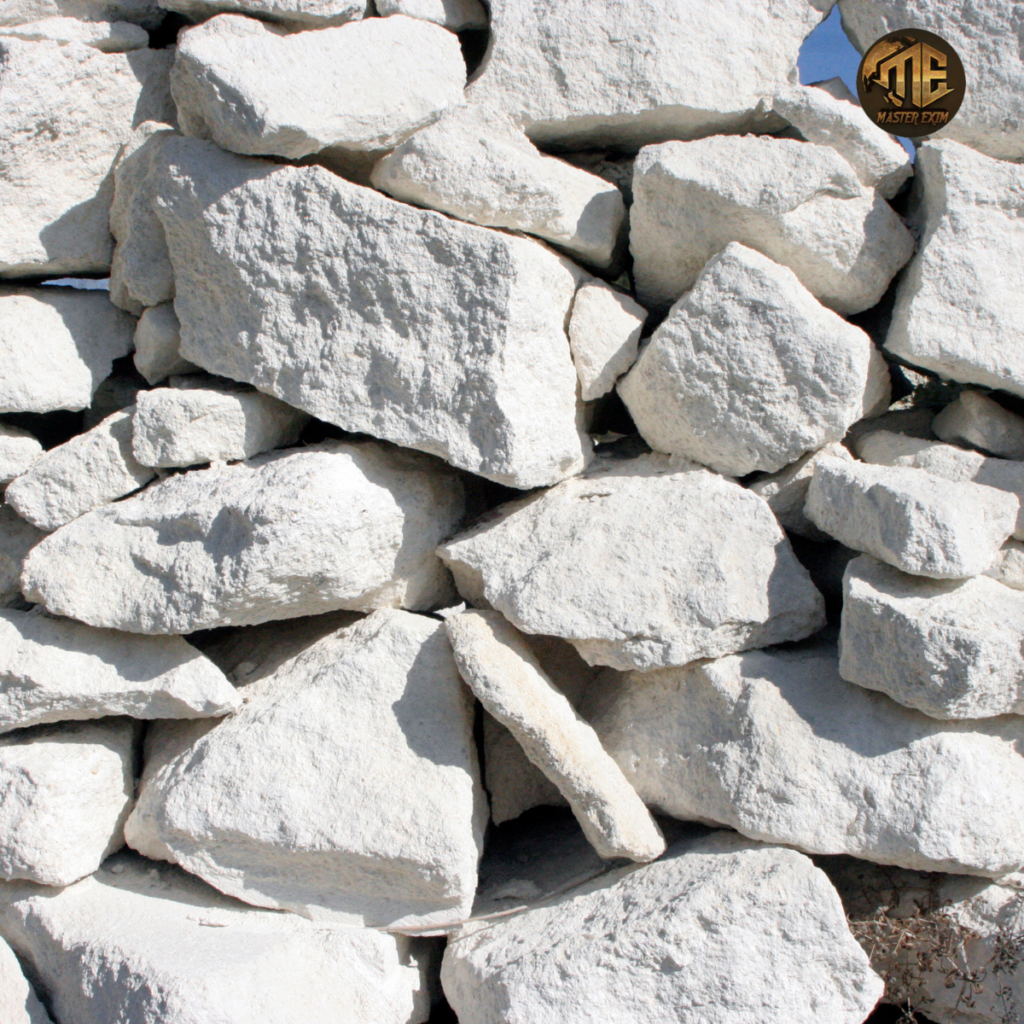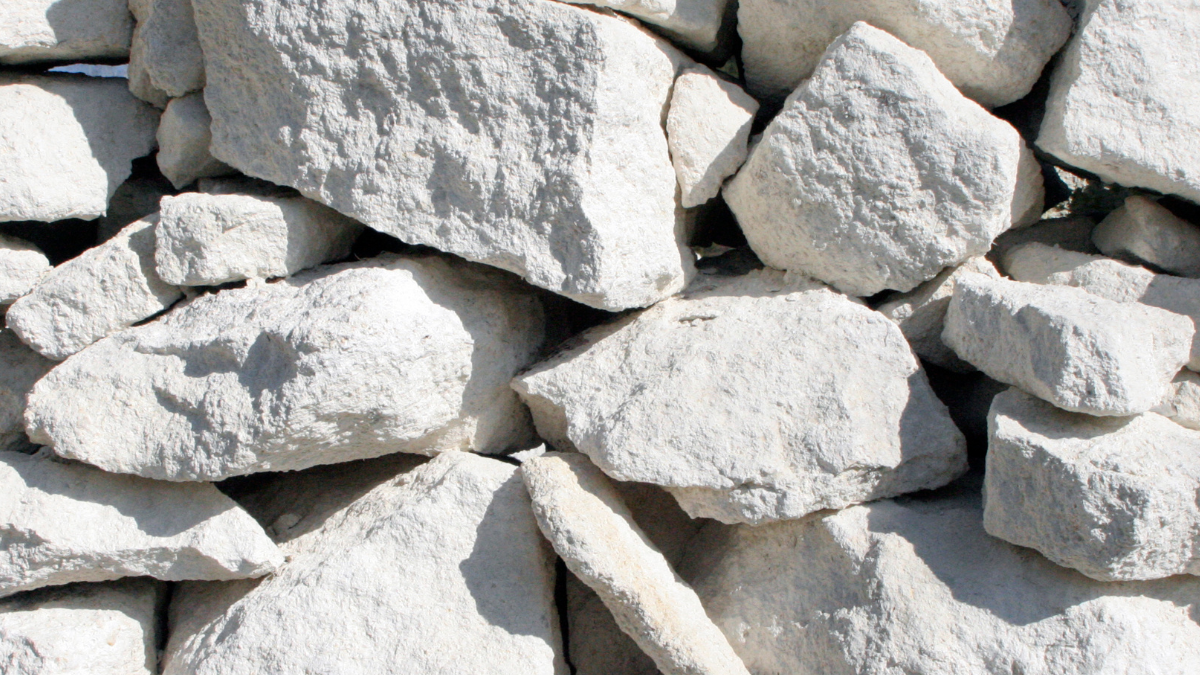Gypsum export to India

Exciting Opportunities in the World of Cement!
July 1, 2023
The biggest users of cement
July 1, 2023
Gypsum export to India
India is one of the largest importers of gypsum, a mineral used in various industries including construction, agriculture, and manufacturing. While India has some domestic gypsum reserves, it also relies on imports to meet its growing demand.
The export of gypsum to India can be facilitated through various channels. Here are some key points to consider:
1. Export regulations: Before exporting gypsum to India, it is essential to understand the export regulations and requirements of both the exporting country and India. These regulations may include documentation, licensing, quality standards, and customs procedures. It is advisable to consult with relevant trade authorities or seek professional advice to ensure compliance with all necessary regulations.
2. Market research: Conduct thorough market research to identify potential buyers in India. This could involve contacting gypsum importers, construction companies, agricultural suppliers, and manufacturers in India to gauge their demand and requirements. Analyzing market trends, competition, and pricing will help you position your gypsum product effectively.
3. Quality control: Indian buyers typically prioritize gypsum with specific quality standards. Ensure that your gypsum meets the required specifications, such as purity levels, chemical composition, particle size, moisture content, and other relevant parameters. It may be necessary to conduct quality tests and obtain certifications to demonstrate compliance with Indian standards.
4. Logistics and transportation: Consider the logistics and transportation aspects of exporting gypsum to India. Determine the most suitable mode of transport, such as shipping, and factor in costs, delivery times, and handling procedures. Packaging should be appropriate to protect the gypsum during transit and storage.
5. Establish partnerships: Collaborating with local distributors, agents, or trading companies in India can facilitate the export process. These partners can help with market entry, distribution, and navigating local business practices and regulations. Establishing reliable partnerships can provide access to a wider network of potential buyers and enhance market penetration.
6. Pricing and payment terms: Determine competitive pricing for your gypsum product, taking into account factors like production costs, shipping expenses, market demand, and prevailing rates. Negotiate payment terms with Indian buyers, considering options such as letters of credit (LC), bank transfers, or other secure methods to ensure a smooth financial transaction.
7. After-sales support: Providing excellent customer service and after-sales support can help build long-term relationships with Indian buyers. Address any concerns promptly and be responsive to their requirements. Maintaining a good reputation for product quality, reliability, and customer satisfaction will strengthen your presence in the Indian market.
It is crucial to stay updated with the latest trade regulations, market trends, and geopolitical factors that may affect gypsum exports to India. Engaging with relevant trade associations, industry events, and business networks can provide valuable insights and networking opportunities.




